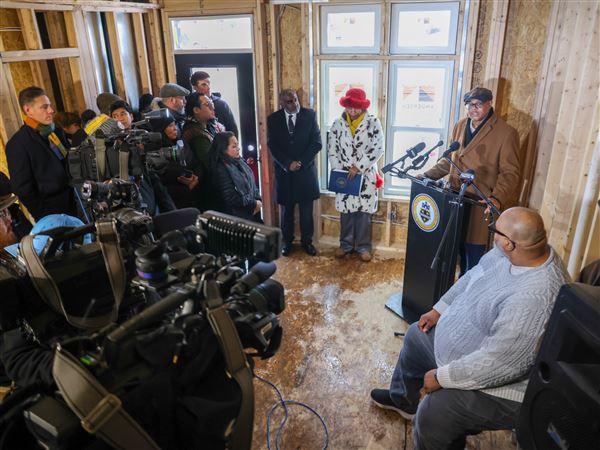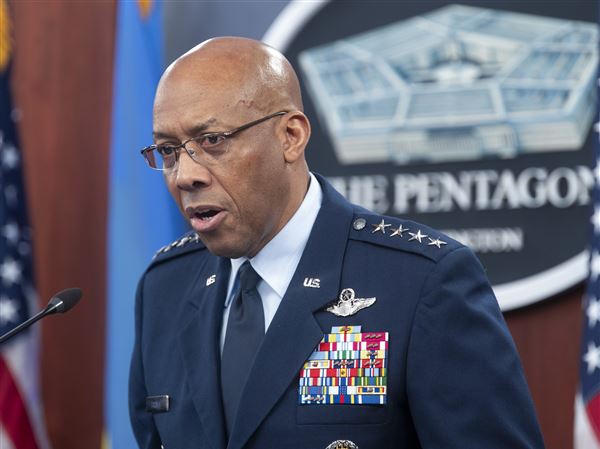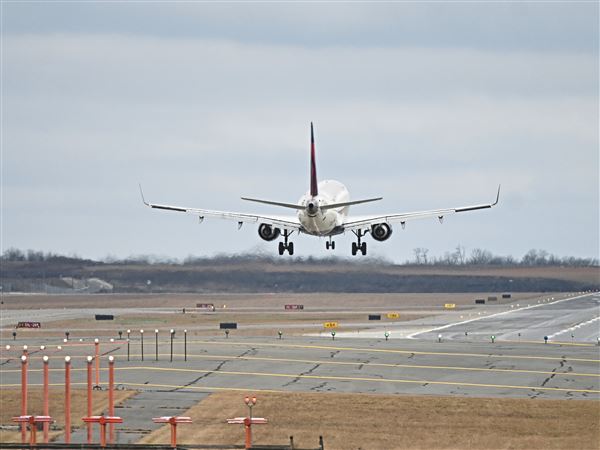One more development in Yemen, a resurrection of a separatist movement in South Yemen, should force a major reconsideration in Washington of American military involvement in the war there.
The previous lineup in the now 3-year-old war in Yemen, the poorest country in the Middle East, included a Sunni Muslim government, led by President Abed Rabbo Mansour Hadi, mostly in exile in Saudi Arabia, backed by the Sunni Riyadh government and the Sunni government of the United Arab Emirates. This element was opposed to Shiite Muslim Houthi rebels, who seized the Yemeni capital, Sanaa, in 2014. The Houthis are backed by Shiite Iran.
A Sunni former president of Yemen, Ali Abdullah Saleh, was fighting against the Sunni government of Mr. Hadi on the side of the Houthis until he switched sides, and then was killed by the Houthis in December.
The United States has backed the Hadi government, the Saudi and, until now, UAE side, in this multifaceted civil war because it has sold attack fighter-bombers and other military hardware to the Saudis and the Emiratis, has bases in both Saudi Arabia and the UAE, and sees itself basically as opposed to Iran in this Sunni vs. Shiite, Saudi Arabia vs. Iran regional war. It took this side in spite of the Iran nuclear agreement, joined by China, France, Germany, Russia and the United Kingdom. The United States also has troops in Yemen.
The conflict has now just become even more complex. Yemen used to be one country. Then it split into North Yemen and South Yemen in 1967. Then the two pieces reunited in 1990. Now, with the new separatist rebellion in the south, centered on the port of Aden, the capital of the former South Yemen, it may split again, de facto if not de jure. The southern separatists are Sunnis. They are reportedly backed by the Emiratis.
The message here for the United States seems clearly to be that this conflict is far too complicated and has far too little to do with the United States for us to be involved in it at all. If American companies want to sell aircraft and other arms to participants in this war, let them do so, but disassociate the United States from a multisided war that continues to mean only one thing for Yemenis: suffering from disease, starvation, denial of health care and education, damaged infrastructure, bombing and a lack of peace.
We are already complicit. To continue to be so approaches war criminality. There is a real possibility, based on past history, that the Yemenis themselves can work it out if the foreigners — Saudi Arabia, the United Arab Emirates, Iran and the United States — would step back.
First Published: January 31, 2018, 5:00 a.m.

















